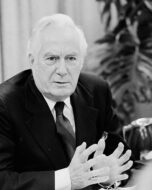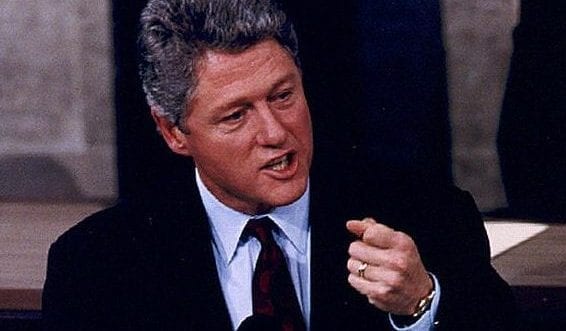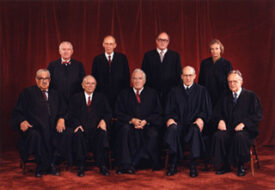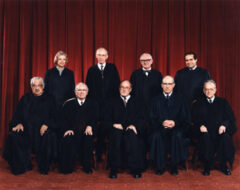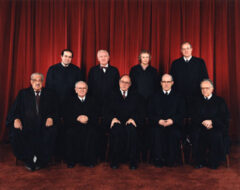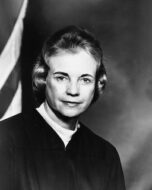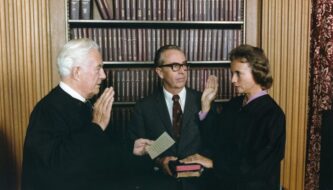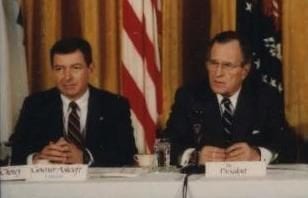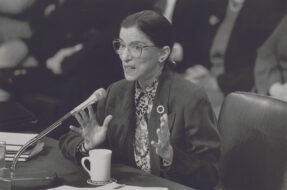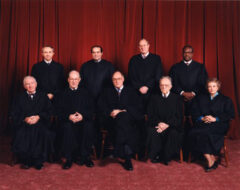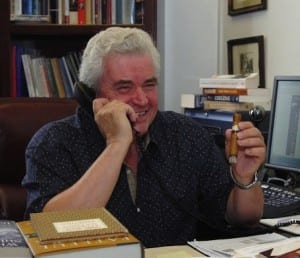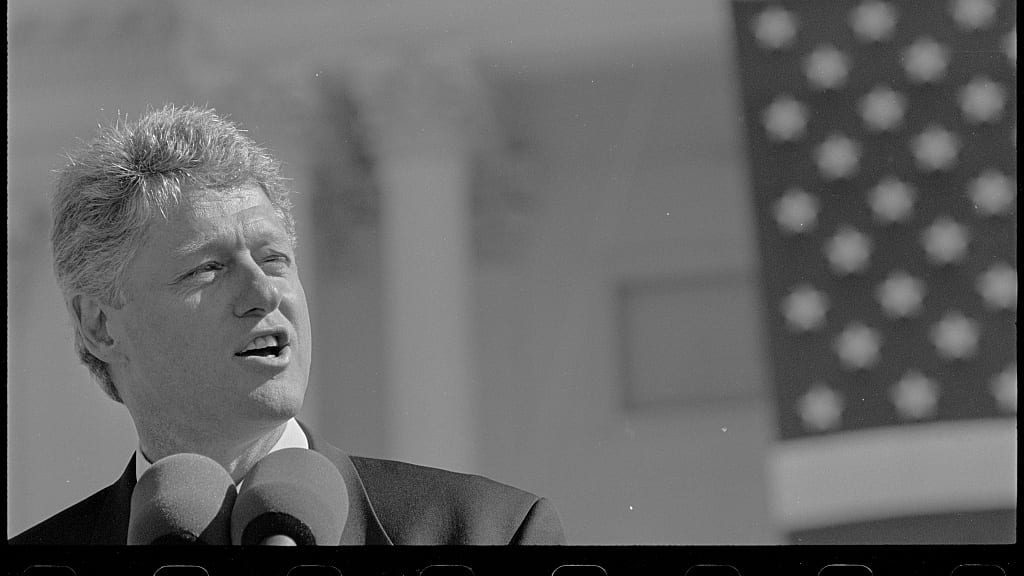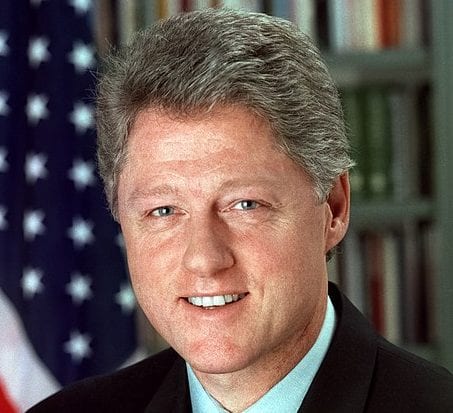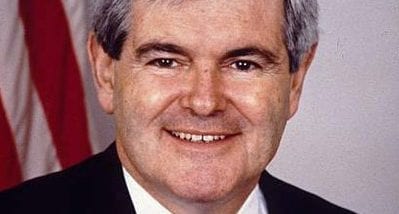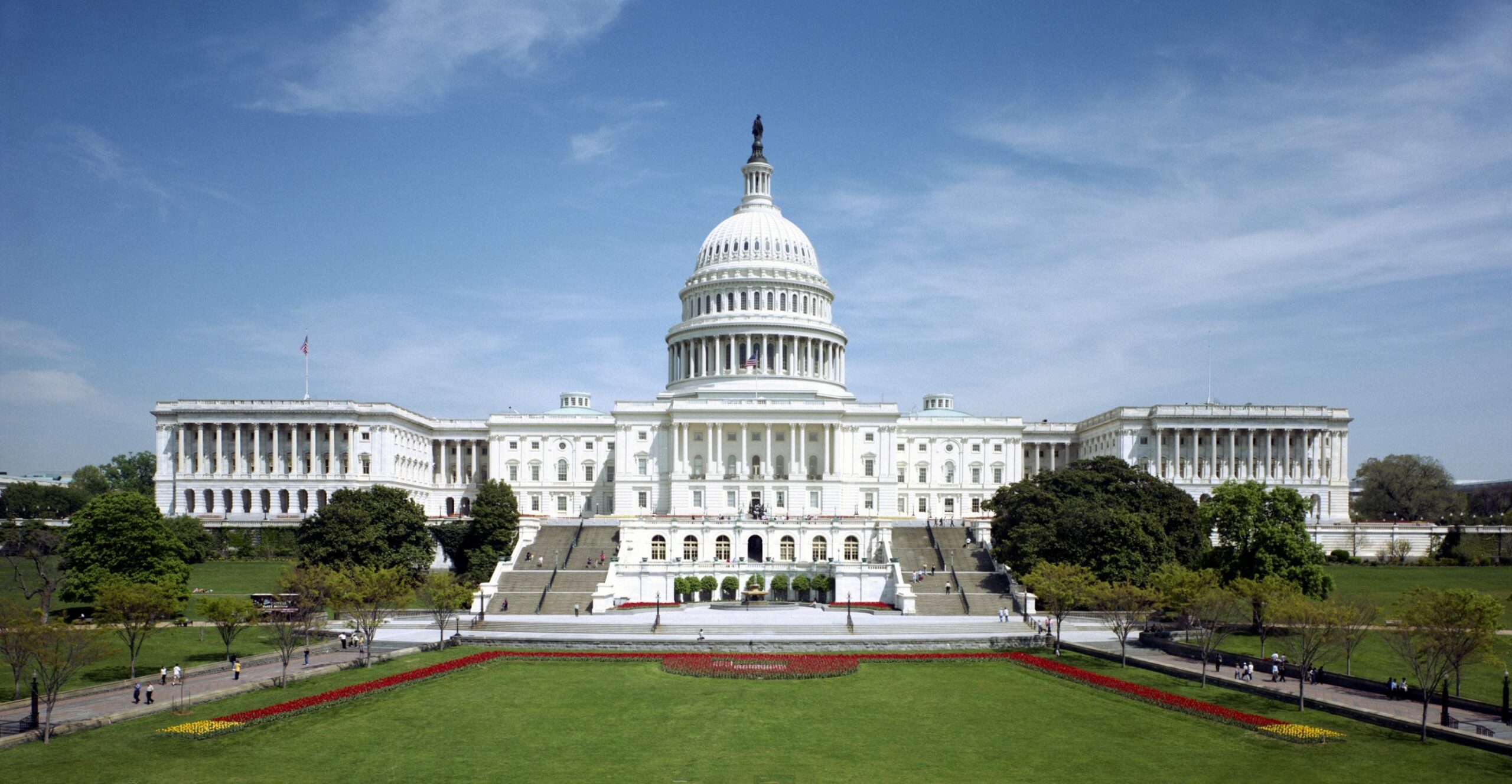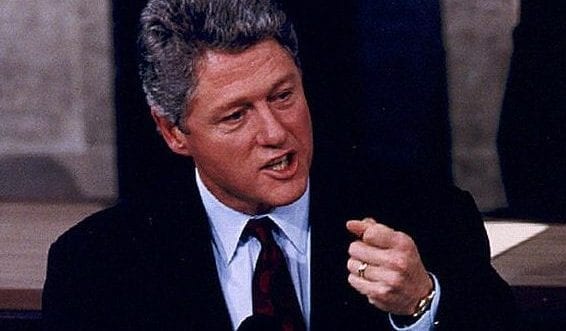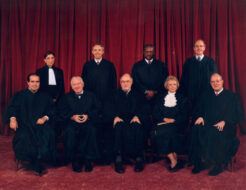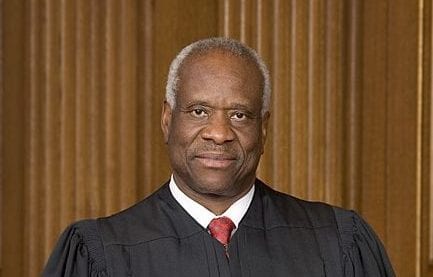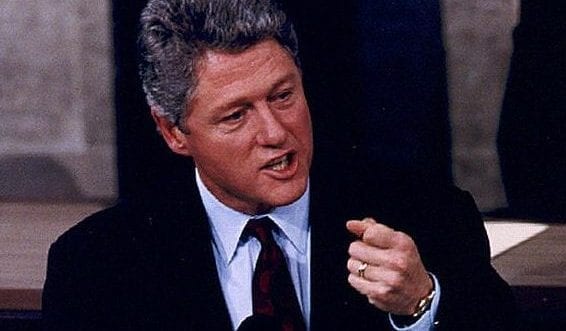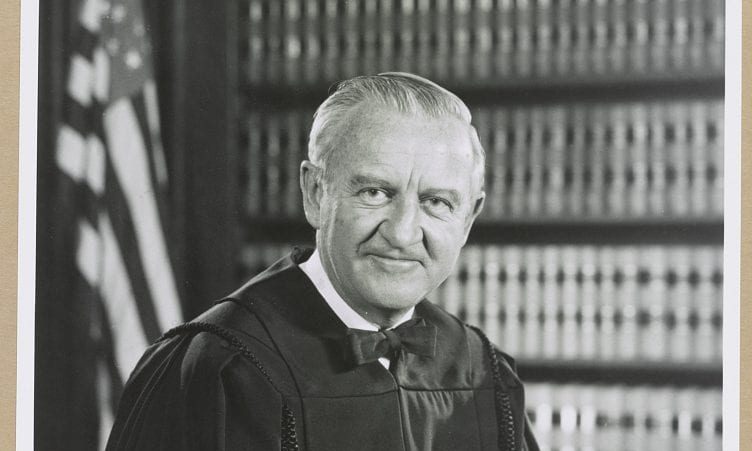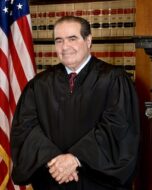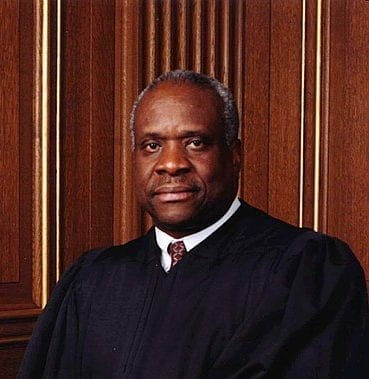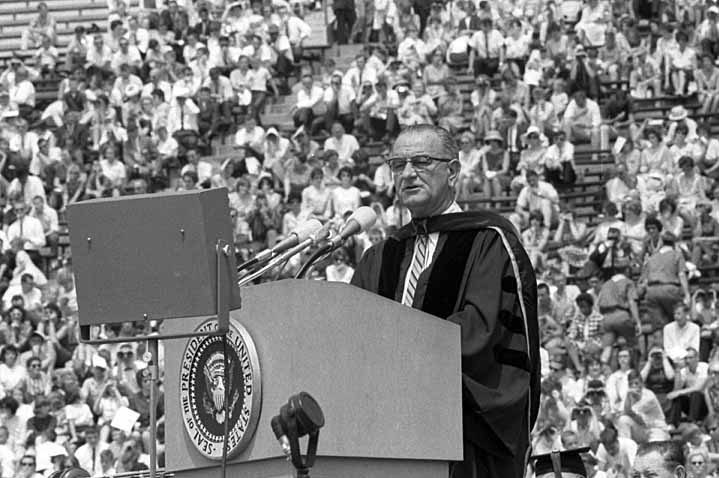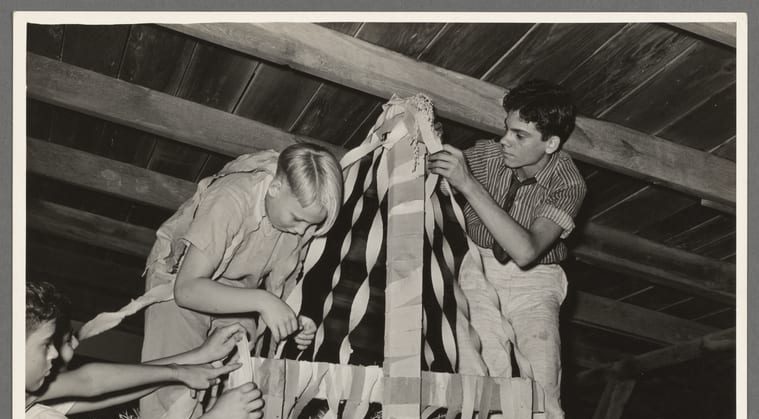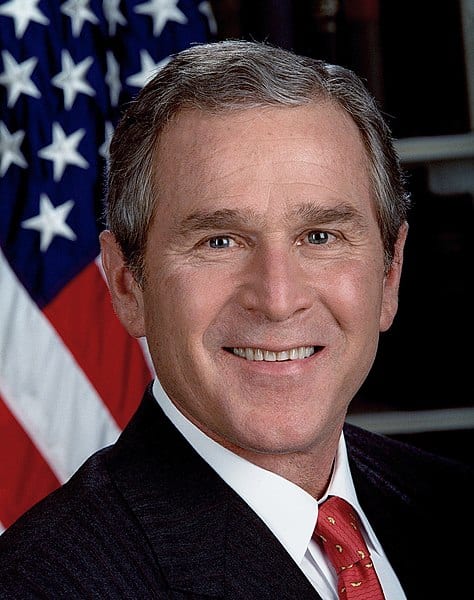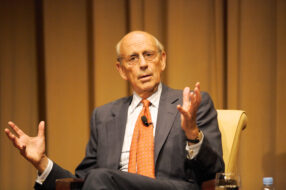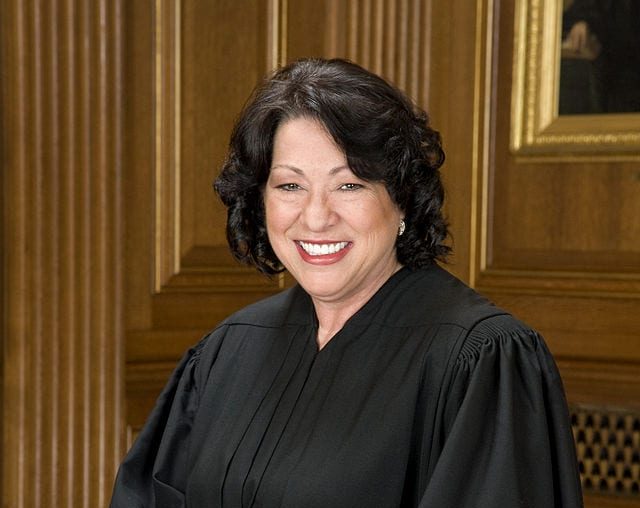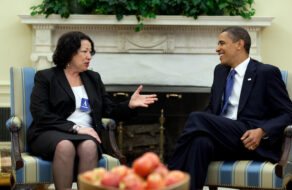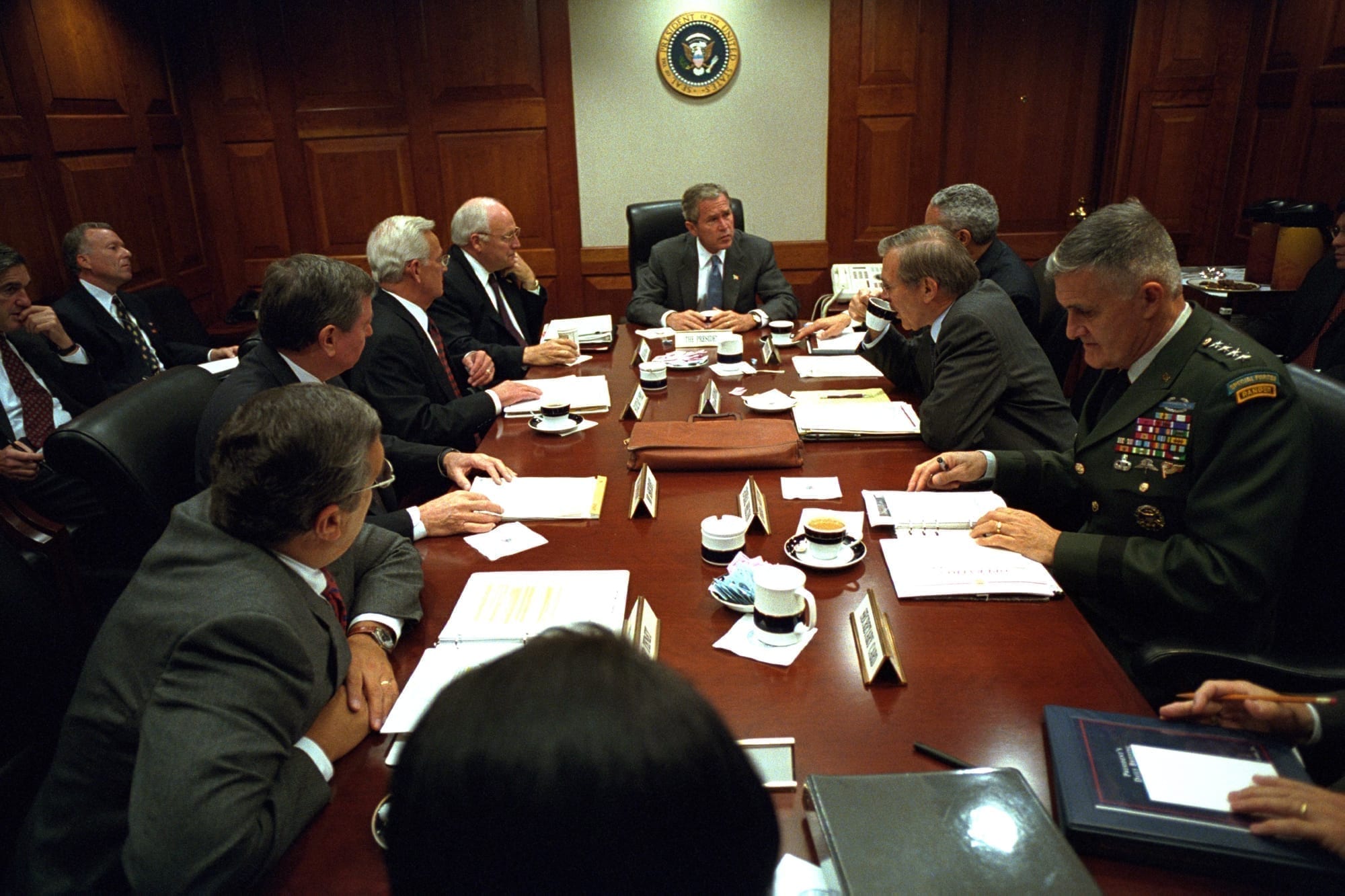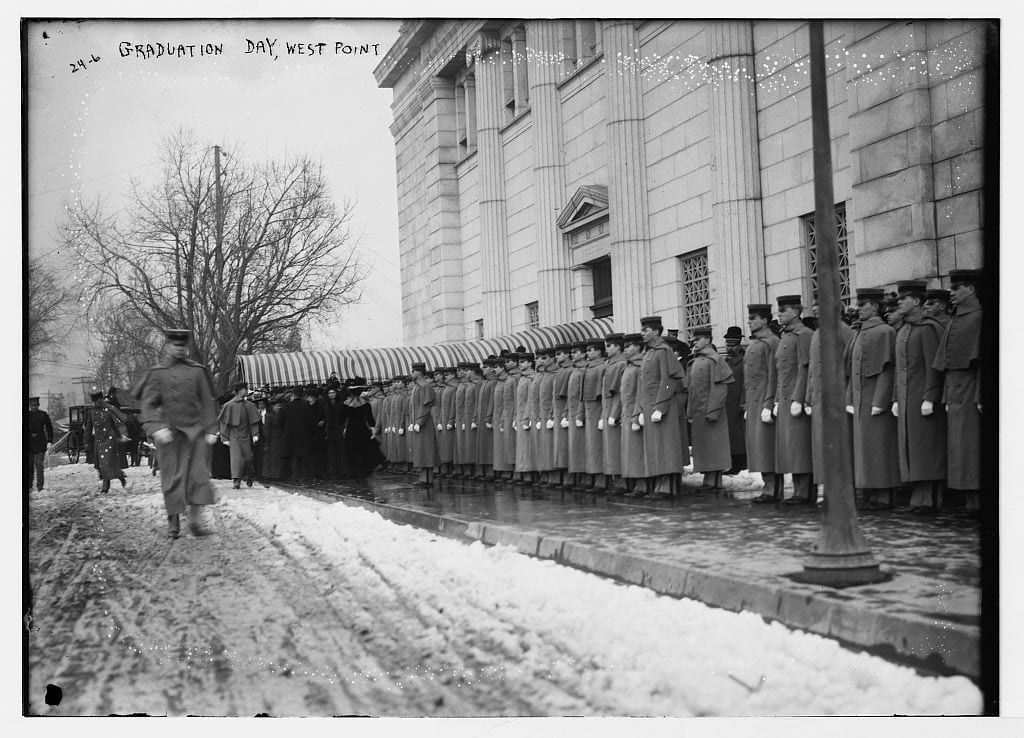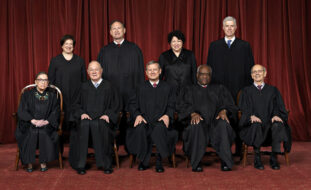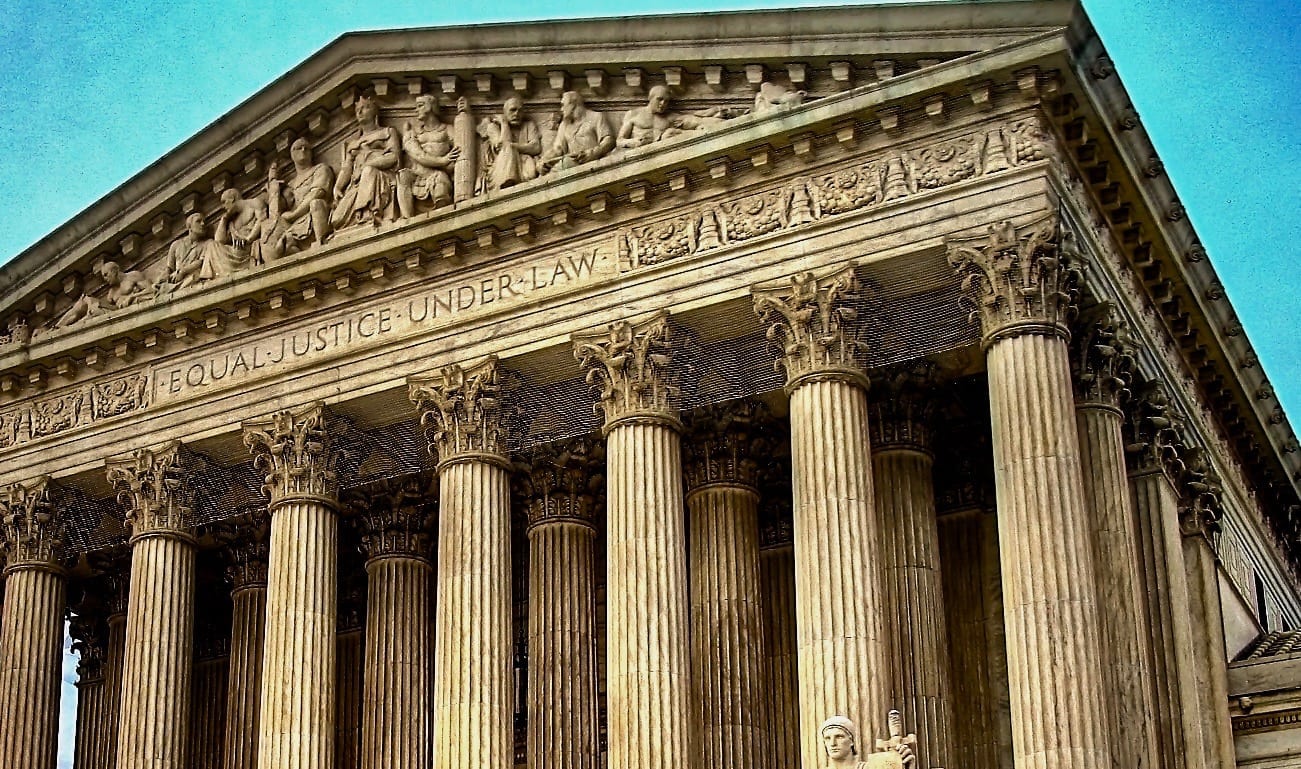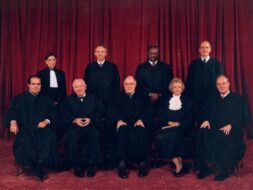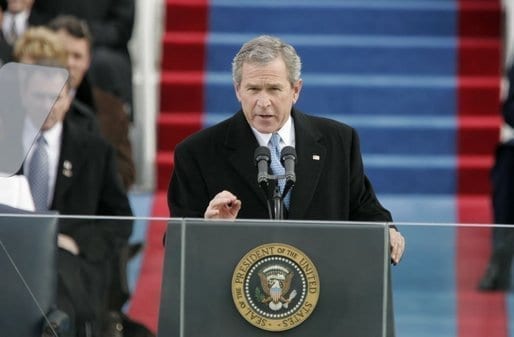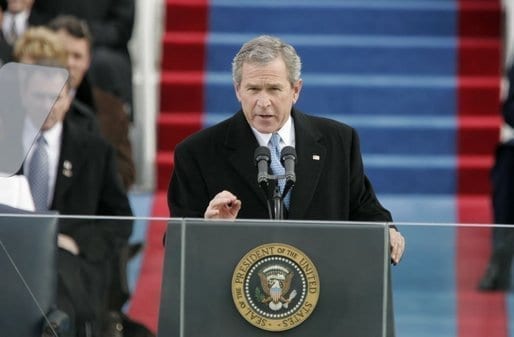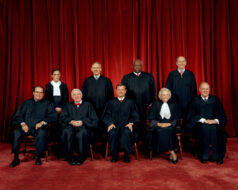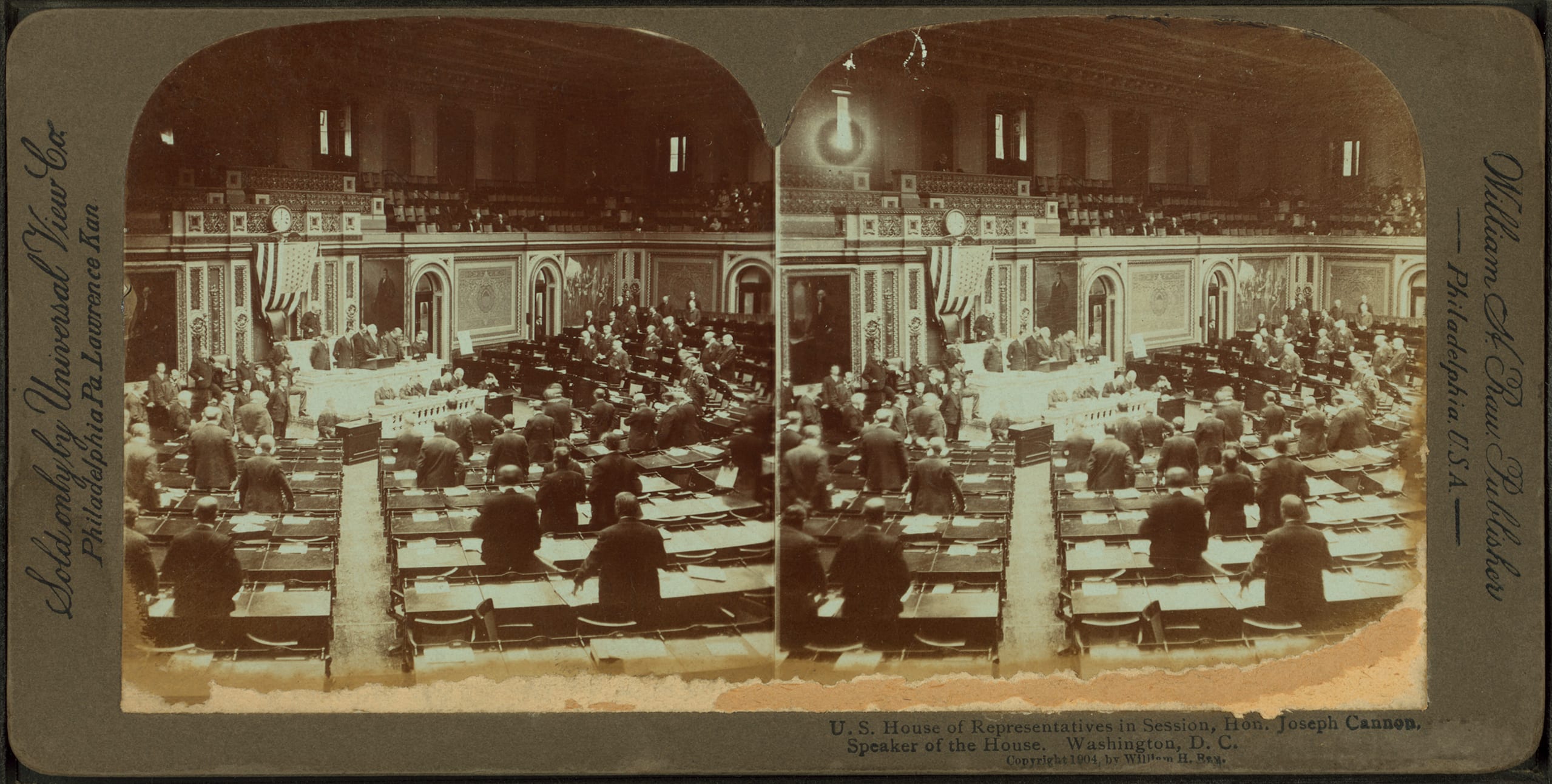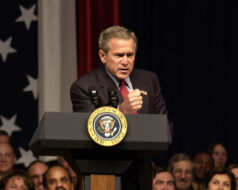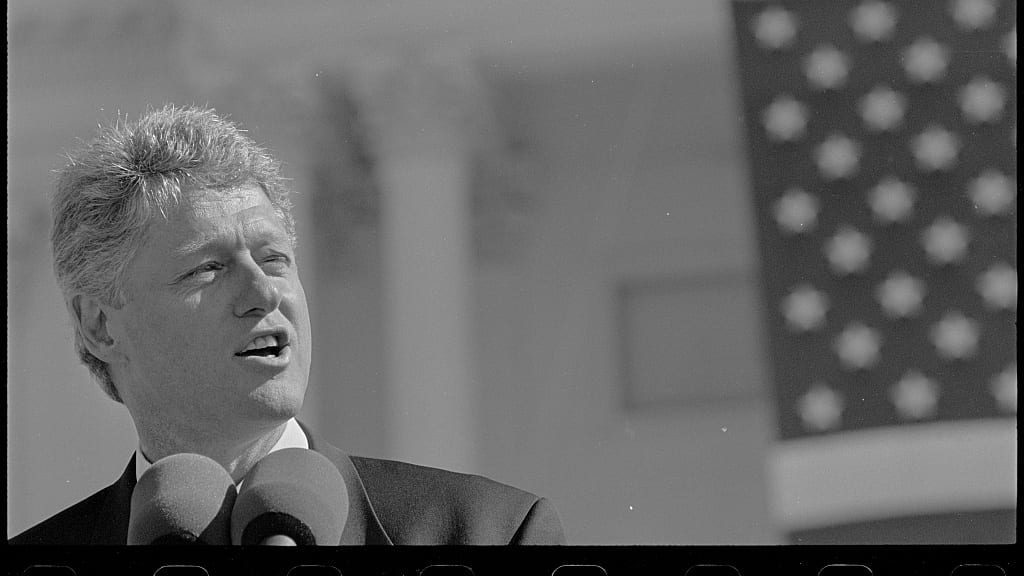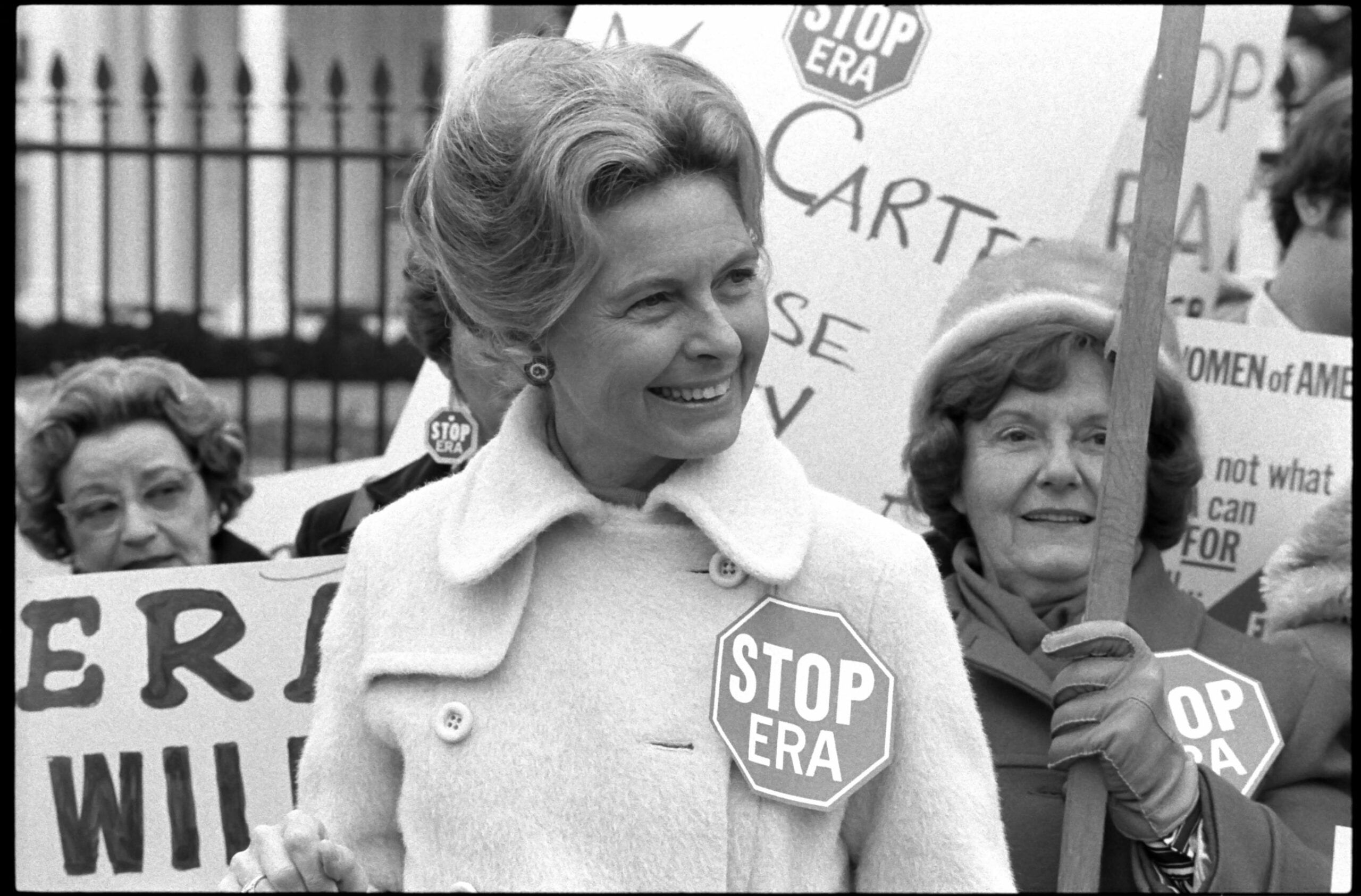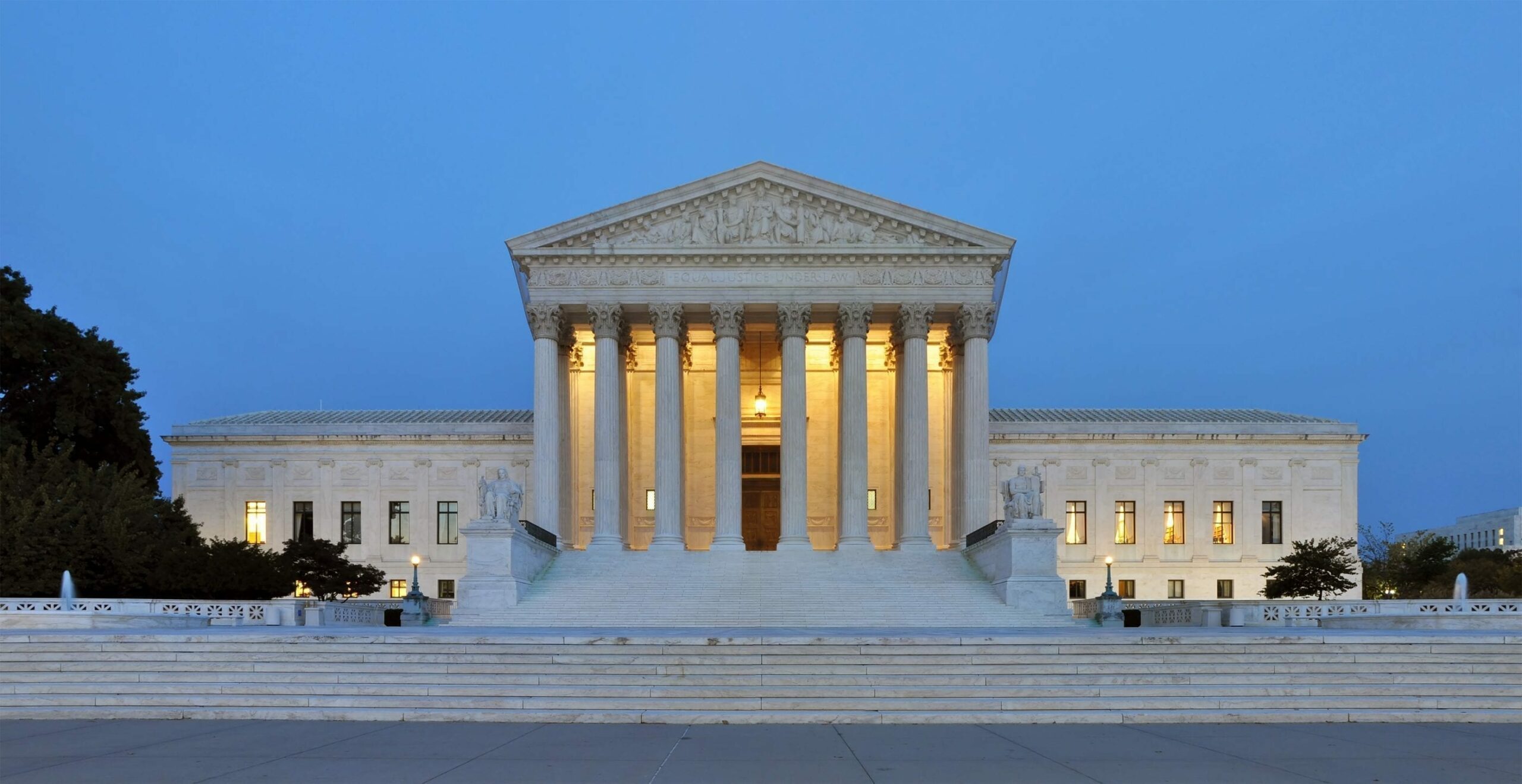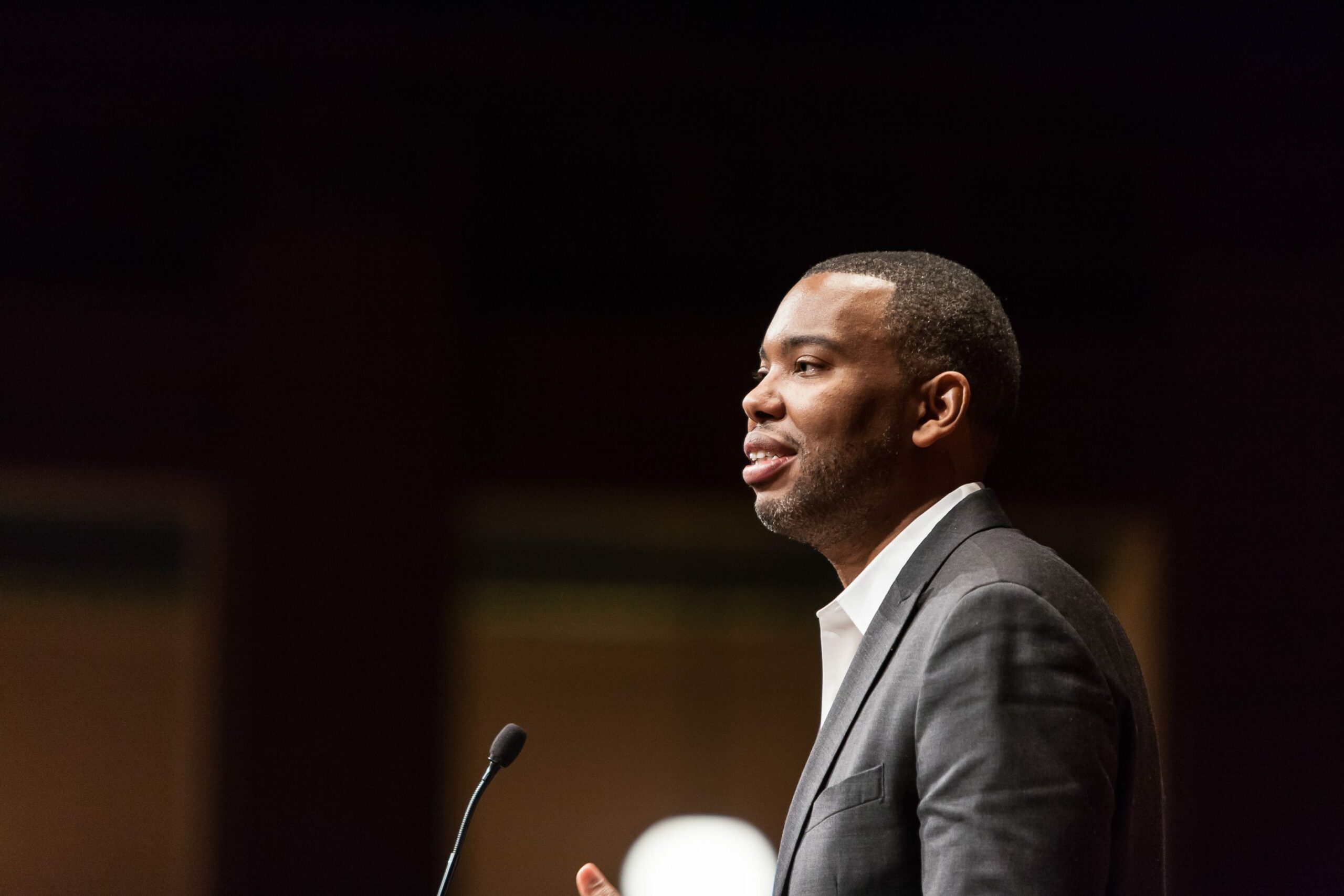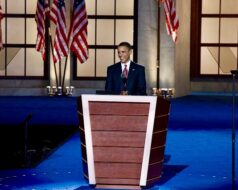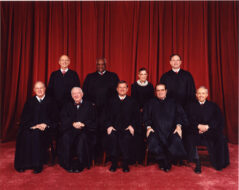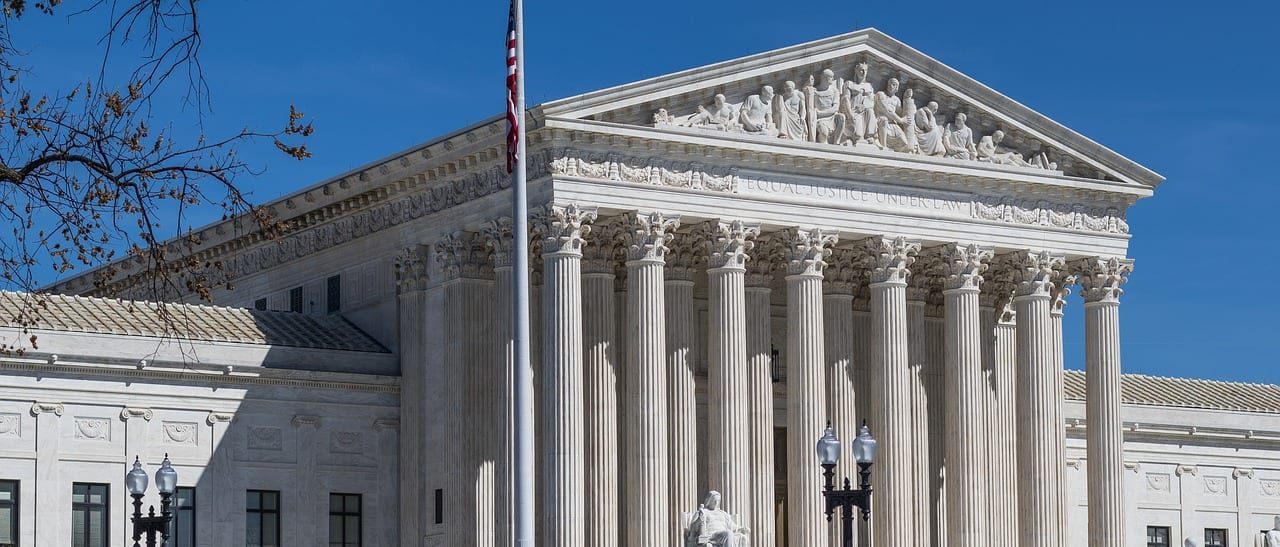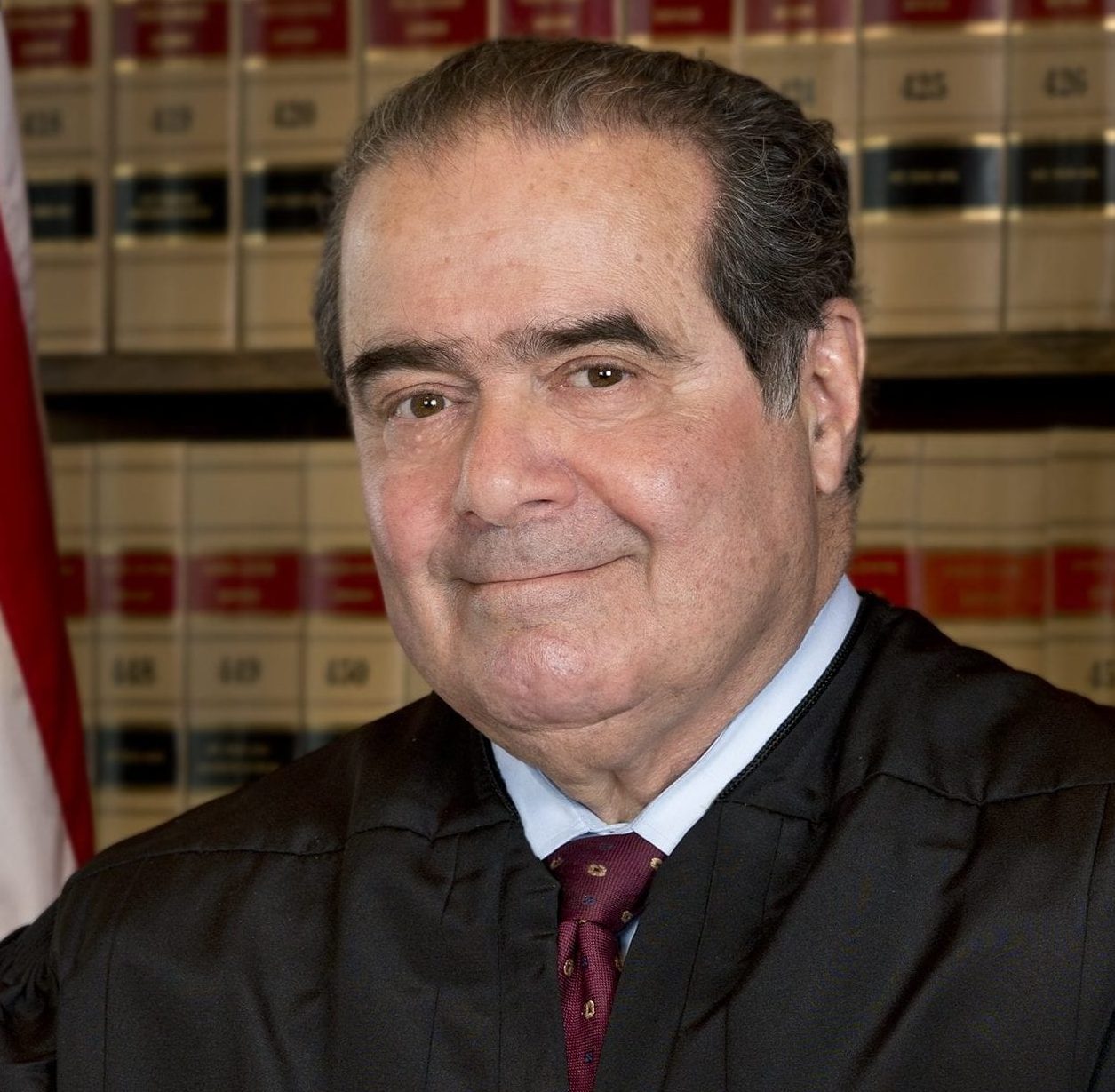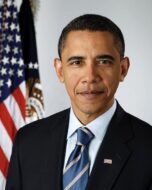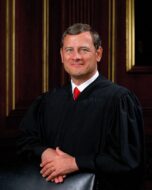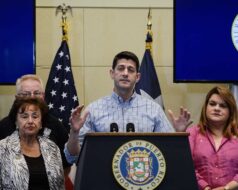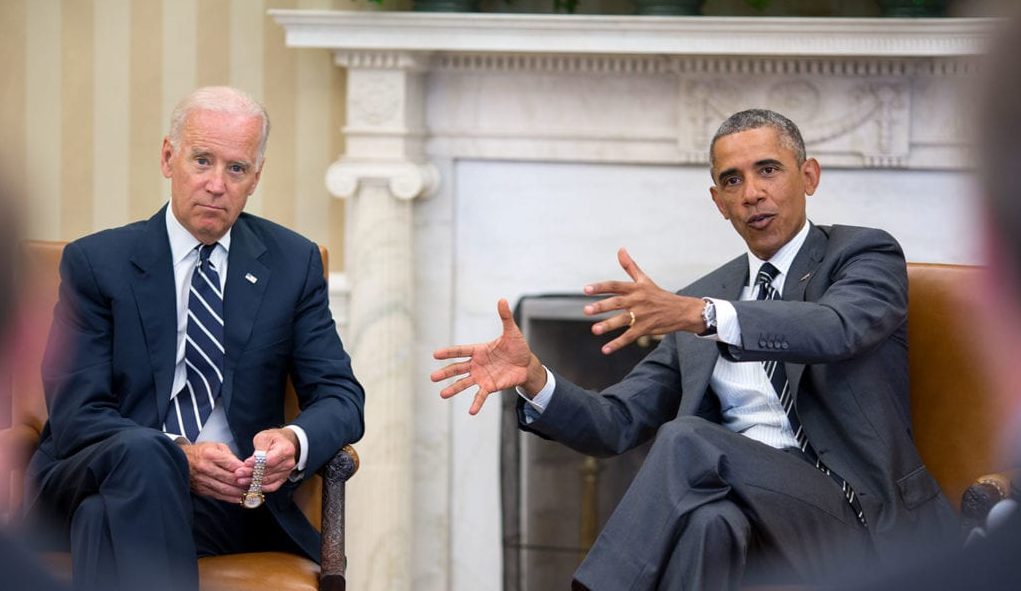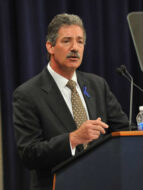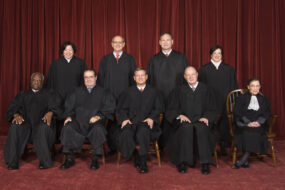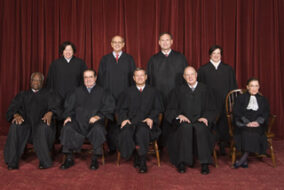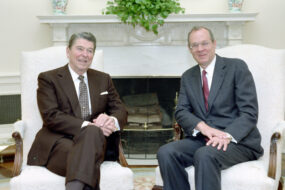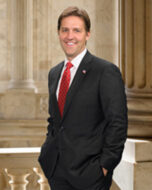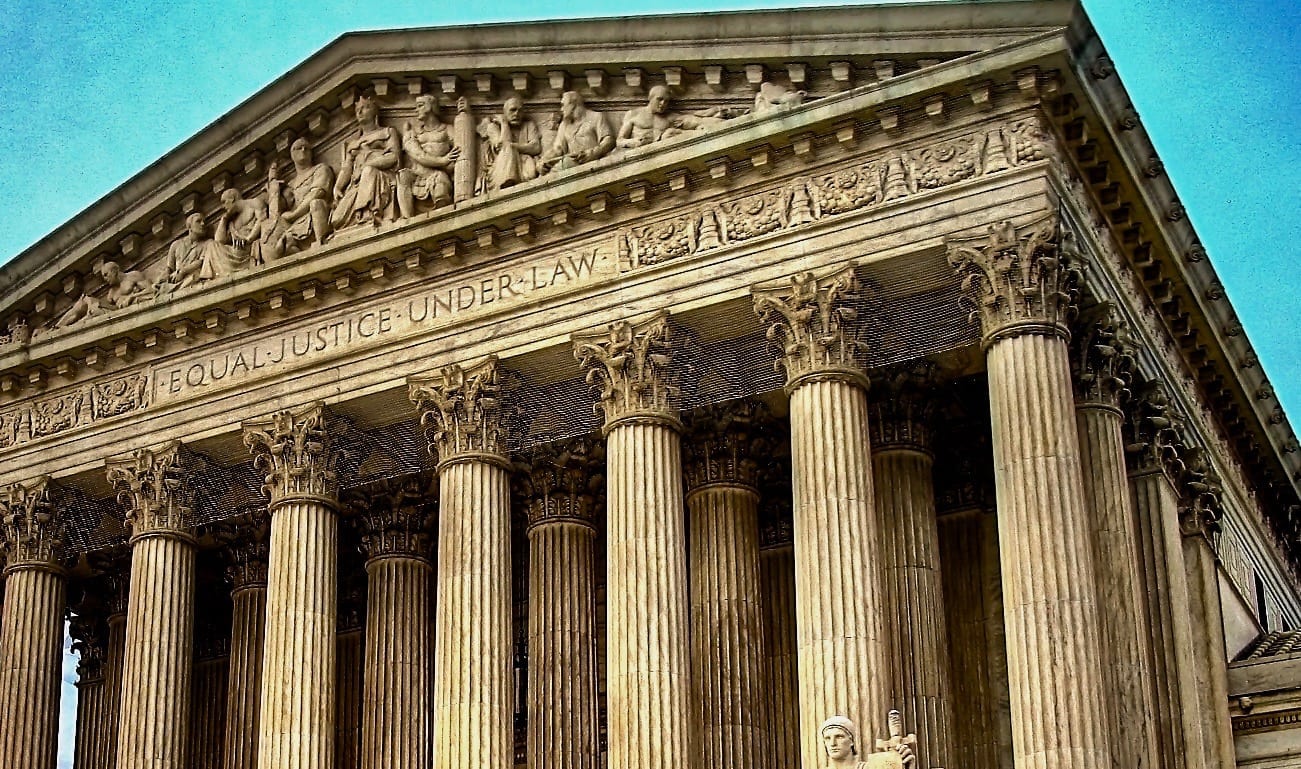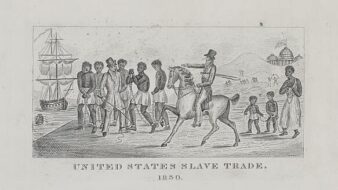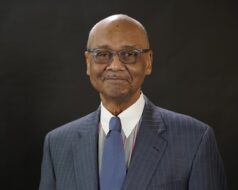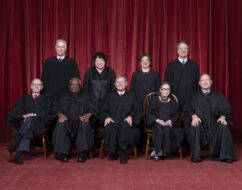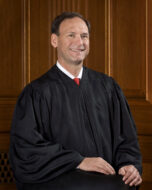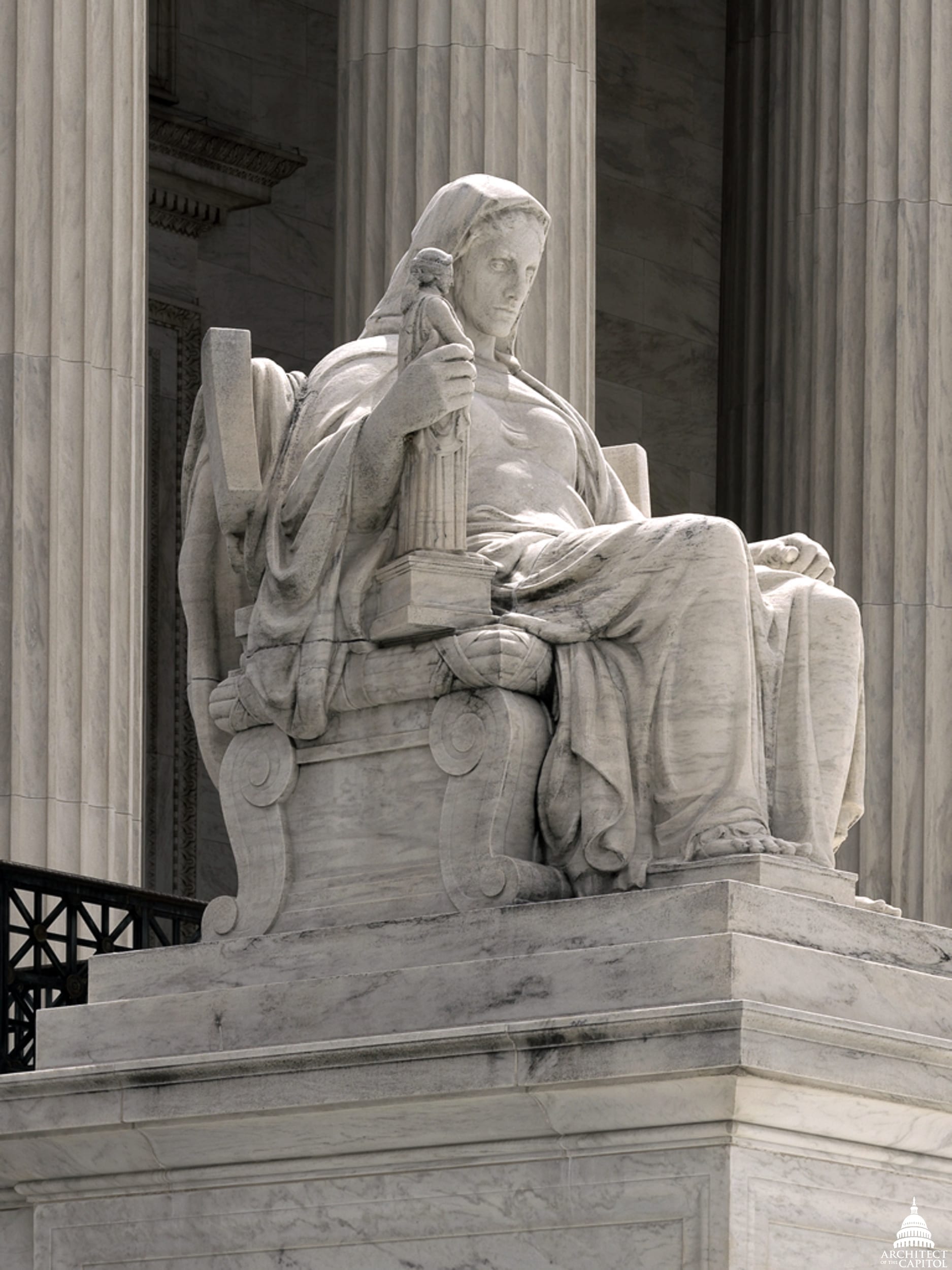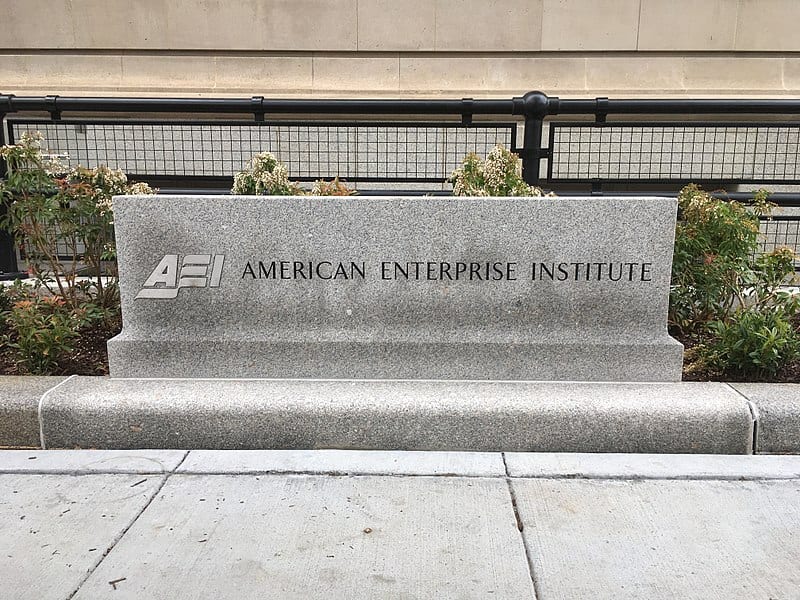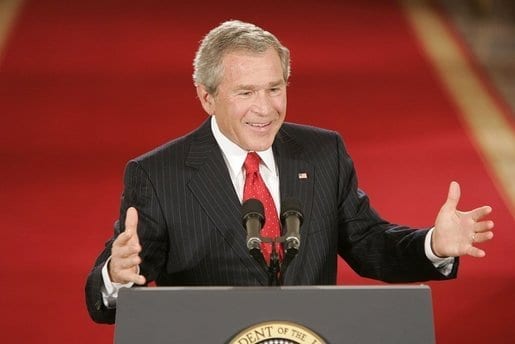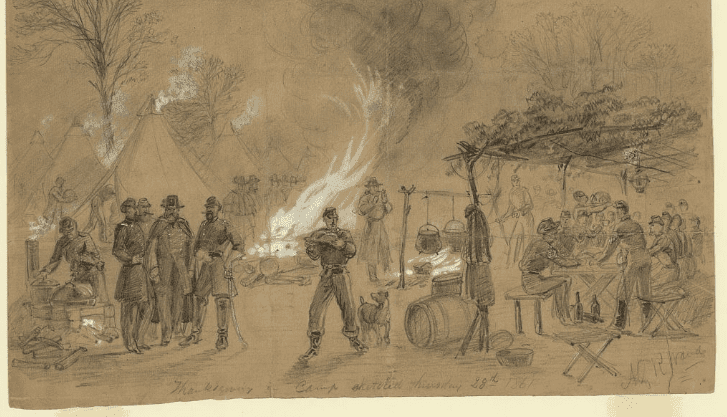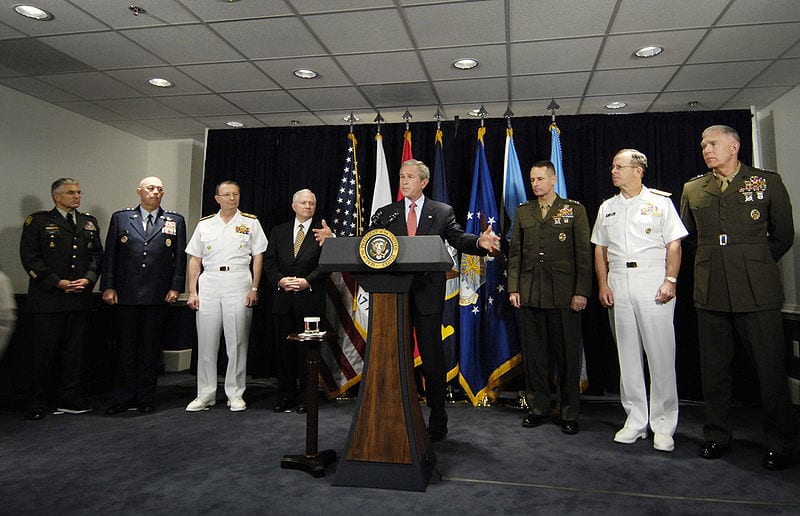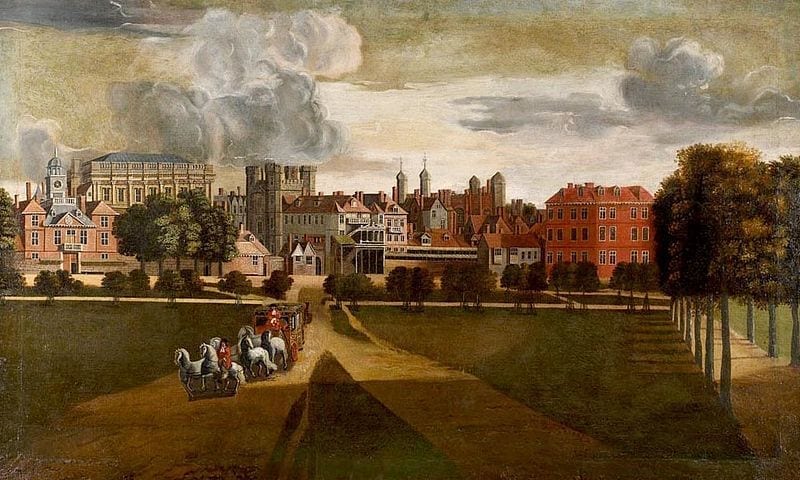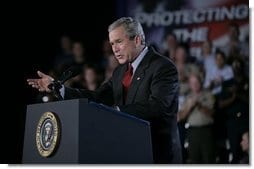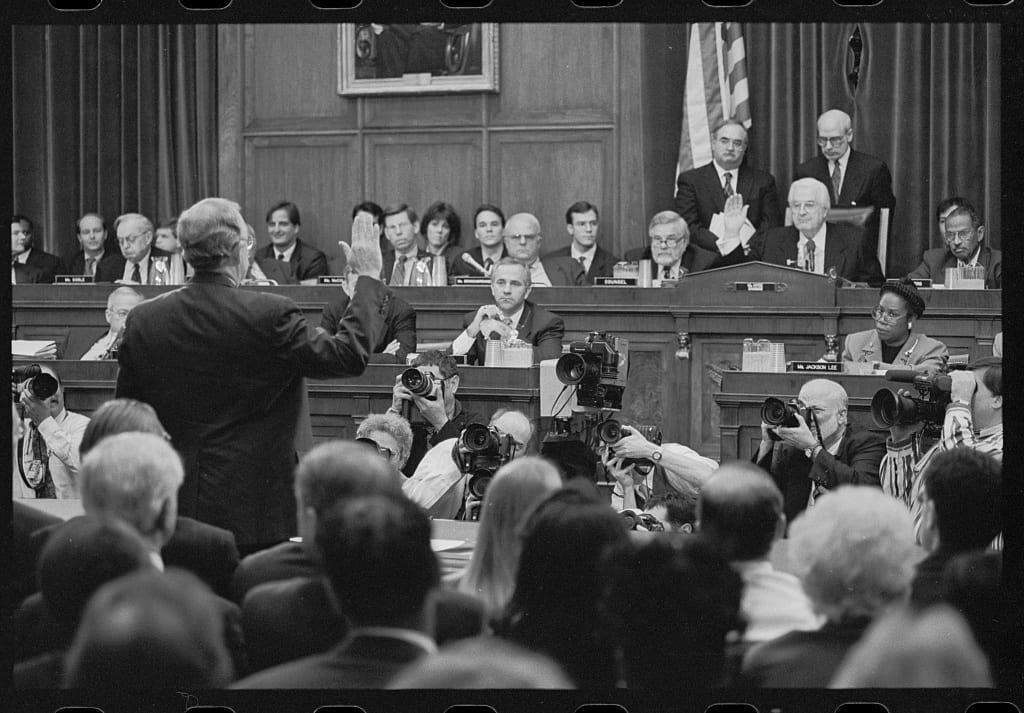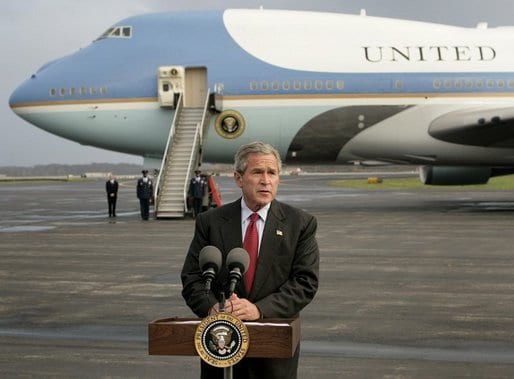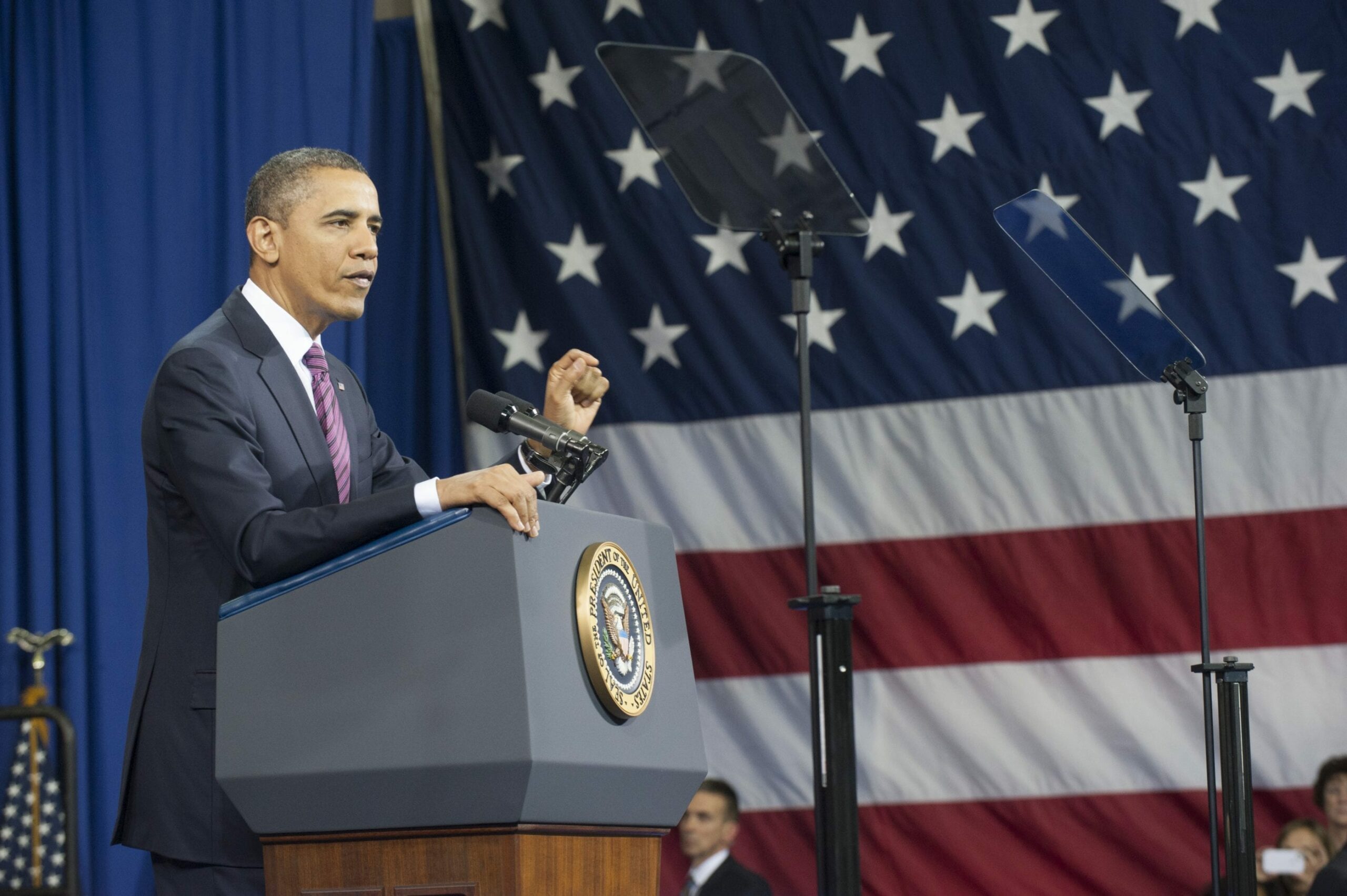


No related resources
Introduction
After winning a resounding victory in the 2010 midterm elections, the Republican Party gained a majority in the House of Representatives. They chose John Boehner (1949-), a Republican from Ohio, to be the Speaker of the House. Boehner had served as the minority leader when Republicans were in the minority, and he was one of the engineers of the “Contract with America” that Newt Gingrich used to propel Republicans to the House majority in the 1994 elections.
In this speech, his first remarks upon receiving the gavel from outgoing Speaker Nancy Pelosi (1940-), Boehner promises to reverse many of the changes that had occurred under Newt Gingrich (see “Reflections on the Republican Revolution”, such as the consolidation of power in the Speaker’s office, the circumvention of committees, and preventing the minority party from offering amendments and debating the majority on the floor of the House (under what are known as “closed” rules). Boehner advocates returning to a more open House, less dominated by party leadership. He therefore offers a vision of the House that is less efficient, less dominated by the majority party (as opposed to the one envisioned by Thomas Brackett Reed and Joseph Cannon, see Documents “Rules of the House of Representatives”, “Obstructions in the National House” and “A Deliberative Body” and Speech on Party Leadership in Congress), but that engages in open debates and allows the minority to participate in lawmaking.
Although Boehner succeeded in making the House more open, he only had limited success. The incentives for the Republican majority to govern without input from Democrats prevented Boehner from completely opening up the process, and he eventually resigned from the Speakership and the House in 2015, under pressure from some Republicans for being too moderate, and from many Democrats for being too partisan.
Source: Congressional Record, 112th Congress, 1st Session, Jan. 5, 2011. Vol. 157, p. 78.
We gather here today at a time of great challenges. Nearly one in ten of our neighbors are looking for work. Health care costs are still rising for families and small businesses. Our spending has caught up with us, and our debt will soon eclipse the size of our entire economy. Hard work and tough decisions will be required of the 112th Congress. No longer can we fall short. No longer can we kick the can down the road. The people voted to end business as usual, and today we begin carrying out their instructions.
The American people have humbled us. They have refreshed our memories as to just how temporary the privilege to serve is. They have reminded us that everything here is on loan from them. That includes this gavel, which I accept cheerfully and gratefully, knowing I am but its caretaker. After all, this is the people’s House. This is their Congress. It’s about them, not us. What they want is a government that is honest, accountable and responsive to their needs. A government that respects individual liberty, honors our heritage, and bows before the public it serves.
Let’s start with the rules package the House will consider today. If passed, it will change how this institution operates, with an emphasis on real transparency, greater accountability, and a renewed focus on the Constitution. Our aim will be to give government back to the people. In seeking this goal, we will part with some of the rituals that have come to characterize this institution under majorities Republican and Democratic alike. We will dispense with the conventional wisdom that bigger bills are always better; that fast legislating is good legislating; that allowing additional amendments and open debate makes the legislative process ‘less efficient’ than our forefathers intended.
These misconceptions have been the basis for the rituals of modern Washington. The American people have not been well served by them. Today, mindful of the lessons of the past, we open a new chapter.
Legislators and the public will have three days to read bills before they come to a vote. Legislation will be more focused, properly scrutinized, and constitutionally sound. Committees, once bloated, will be smaller, with a renewed mission, including oversight. Old rules that have made it easy to increase spending will be replaced by new reforms that make it easier to cut spending. We will start by cutting Congress’ own budget.
Above all else, we will welcome the battle of ideas, encourage it, and engage in it – openly, honestly, and respectfully. As the chamber closest to the people, the House works best when it is allowed to work its will. I ask all members of this body to join me in recognizing this common truth.
To my colleagues in the majority, my message is this: we will honor our Pledge to America, built through a process of listening to the people, and we will stand firm on the constitutional principles that built our party, and built a nation. We will do these things, however, in a manner that restores and respects the time-honored right of the minority to an honest debate and a fair, open process.
To my friends in the minority, I offer a commitment. Openness—once a tradition of this institution, but increasingly scarce in recent decades, will be the new standard. There were no open rules in the House in the last Congress. In this one, there will be many. With this restored openness, however, will come a restored responsibility. You will not have the right to willfully disrupt the proceedings of the People’s House. But you will always have the right to a robust debate in open process that allows you to represent your constituents. . .to make your case, offer alternatives, and be heard.
In time, this framework will, I believe, restore the House of Representatives as a place where the people’s will is done. It will also, I hope, help rebuild trust among us and the people we serve, and in so doing, provide a guidepost for those who follow us in the service of our nation.
To our new members—Democratic and Republican—as you take the oath today, I know you will do so mindful of this shared goal, and the trust placed in you by your constituents. As Speaker, I view part of my job as helping each of you do your job well, regardless of party. My hope is that every new member—and indeed, every member—will be comfortable approaching me with matters of the House.
We will not always get it right. We will not always agree on what is right. A great deal of scar tissue has built up on both sides of the aisle. We cannot ignore that, nor should we. My belief has always been, we can disagree without being disagreeable to each other. That’s why it is critical this institution operate in a manner that permits a free exchange of ideas, and resolves our honest differences through a fair debate and a fair vote. We may have different—sometimes, very different—ideas for how to go about achieving the common good, but it is our shared goal. It is why we serve.
Let us now move forward humble in our demeanor, steady in our principles, and dedicated to proving worthy of the trust and confidence that has been placed in us. If we brace ourselves to do our duty, and to do what we say we are going to do, there is no telling what together we can accomplish for the good of this great and honorable nation. More than a country, America is an idea, and it is our job to pass on to our posterity the blessings bestowed to us.
I wish you all the very best. Welcome to the people’s House. Welcome to the 112th Congress.
Snyder v. Phelps
March 02, 2011
Conversation-based seminars for collegial PD, one-day and multi-day seminars, graduate credit seminars (MA degree), online and in-person.



